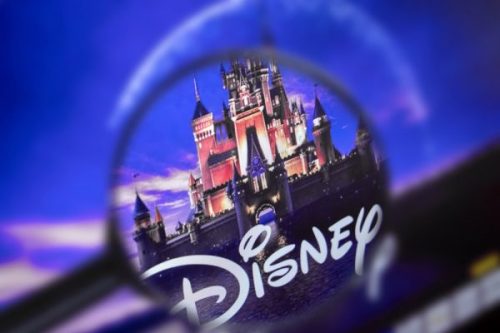
In a significant disruption for millions of viewers, Disney-owned channels, including ABC and ESPN, were abruptly removed from DirecTV’s lineup on Sunday following a breakdown in negotiations over a new distribution agreement. The blackout occurred during a critical moment—right in the middle of ESPN’s coverage of the U.S. Open tennis tournament—and just days before the highly anticipated NFL season opener, leaving DirecTV’s roughly 11 million subscribers without access to some of their favorite programming.
As reported by The Verge, both DirecTV and Disney are pointing fingers at each other for causing the impasse, with each side accusing the other of being unreasonable. What remains undeniable, however, is that subscribers are caught in the crossfire.
DirecTV has criticized Disney for allegedly blocking efforts to offer more tailored packages that better meet consumer preferences. The satellite TV provider claims that Disney is intentionally steering viewers away from traditional network TV by funneling content to its own streaming platforms, such as Hulu and Disney Plus. In addition, DirecTV alleges that Disney made a last-minute demand to waive any claims of anti-competitive behavior, which the provider views as an overreach.
Rob Thun, DirecTV’s chief content officer, did not mince words in his response, stating, “The Walt Disney Co. is once again refusing any accountability to consumers, distribution partners and now the American judicial system.” He went on to accuse Disney of being more focused on maximizing profits and maintaining control than on providing consumers with affordable and accessible content. “They want to continue to chase maximum profits and dominant control at the expense of consumers, making it harder for them to select the shows and sports they want at a reasonable price,” Thun said.
Related: Disney and Reliance Gain Approval for $8.5 Billion Media Merger in India
On the other side, Disney argues that its content is of high value, which DirecTV is unwilling to adequately compensate. Per The Verge, Disney emphasized that while it is open to negotiating flexible terms similar to those it has agreed upon with other distributors, it will not agree to a deal that undervalues its portfolio of channels and programming. The company stated, “We invest significantly to deliver the No. 1 brands in entertainment, news and sports because that’s what our viewers expect and deserve.”
The standoff comes as no surprise, given that the last agreement between the two companies was negotiated in 2019, according to Reuters. Such contracts are often set to expire during peak viewing periods, pushing both parties towards a timely resolution. Carriage disputes like this one are not uncommon, as Disney demonstrated just last year when it pulled a similar move against Charter’s Spectrum subscribers during the U.S. Open. That particular blackout lasted twelve days before the two sides reached a new agreement.
Source: The Verge
Featured News
Big Tech Braces for Potential Changes Under a Second Trump Presidency
Nov 6, 2024 by
CPI
Trump’s Potential Shift in US Antitrust Policy Raises Questions for Big Tech and Mergers
Nov 6, 2024 by
CPI
EU Set to Fine Apple in First Major Enforcement of Digital Markets Act
Nov 5, 2024 by
CPI
Six Indicted in Federal Bid-Rigging Schemes Involving Government IT Contracts
Nov 5, 2024 by
CPI
Ireland Secures First €3 Billion Apple Tax Payment, Boosting Exchequer Funds
Nov 5, 2024 by
CPI
Antitrust Mix by CPI
Antitrust Chronicle® – Remedies Revisited
Oct 30, 2024 by
CPI
Fixing the Fix: Updating Policy on Merger Remedies
Oct 30, 2024 by
CPI
Methodology Matters: The 2017 FTC Remedies Study
Oct 30, 2024 by
CPI
U.S. v. AT&T: Five Lessons for Vertical Merger Enforcement
Oct 30, 2024 by
CPI
The Search for Antitrust Remedies in Tech Leads Beyond Antitrust
Oct 30, 2024 by
CPI